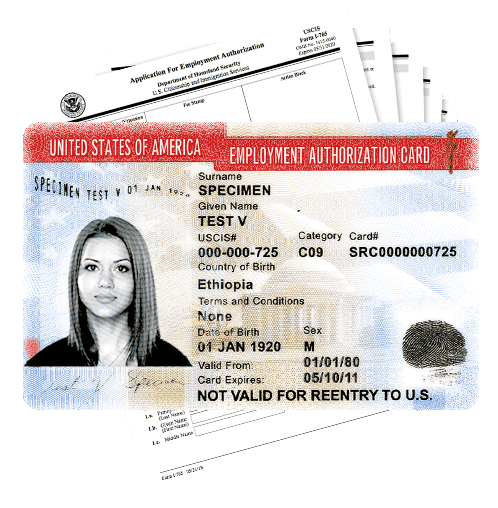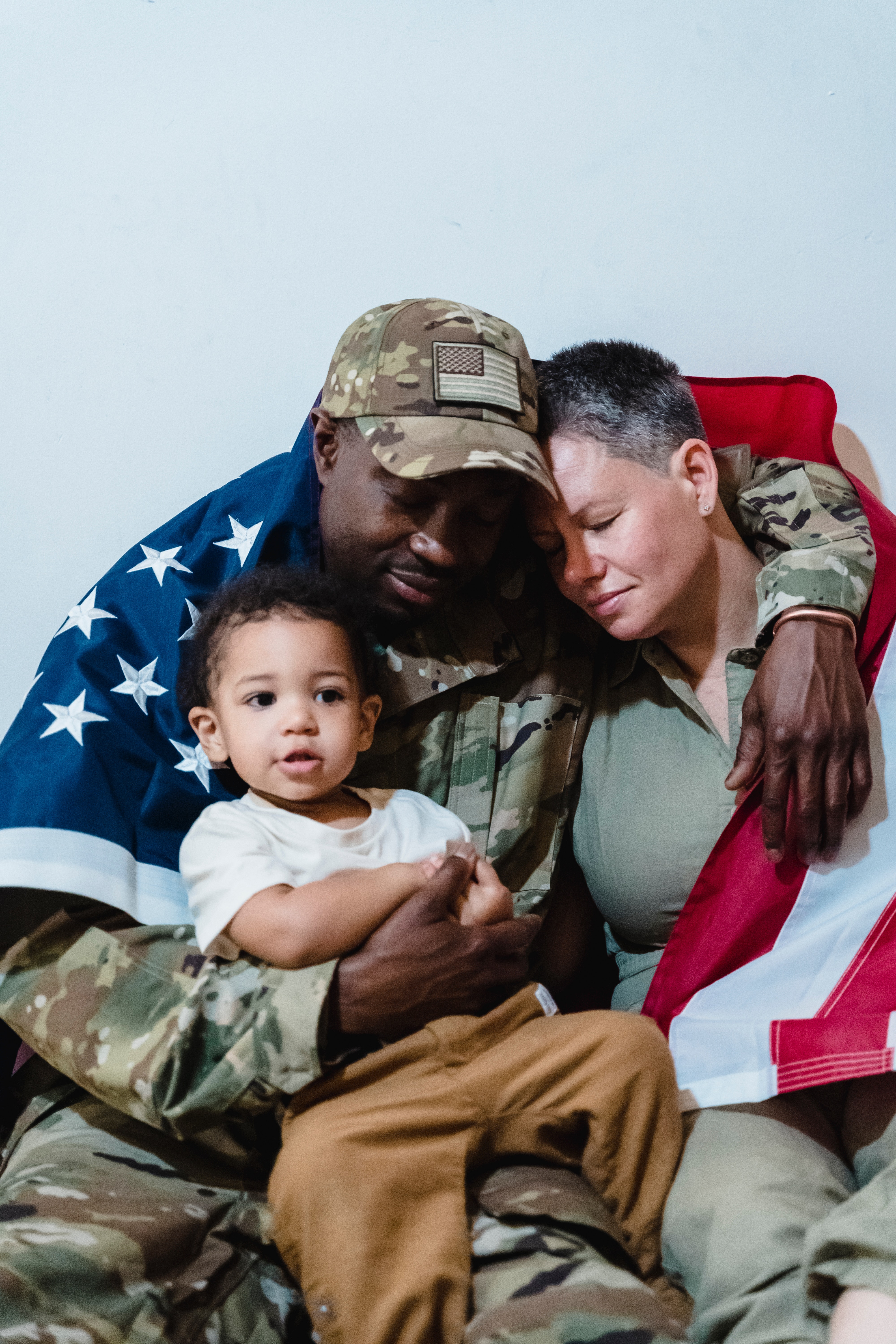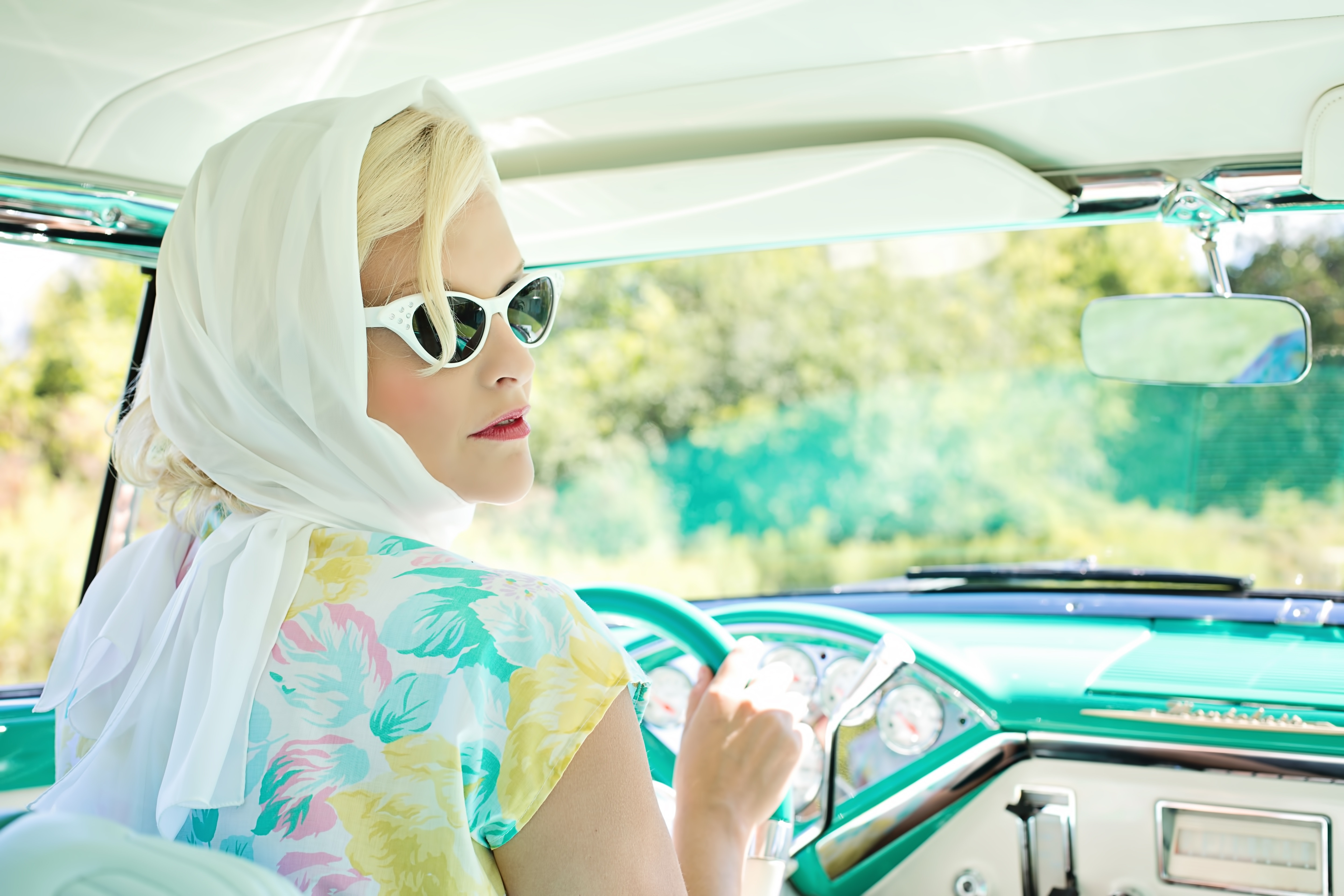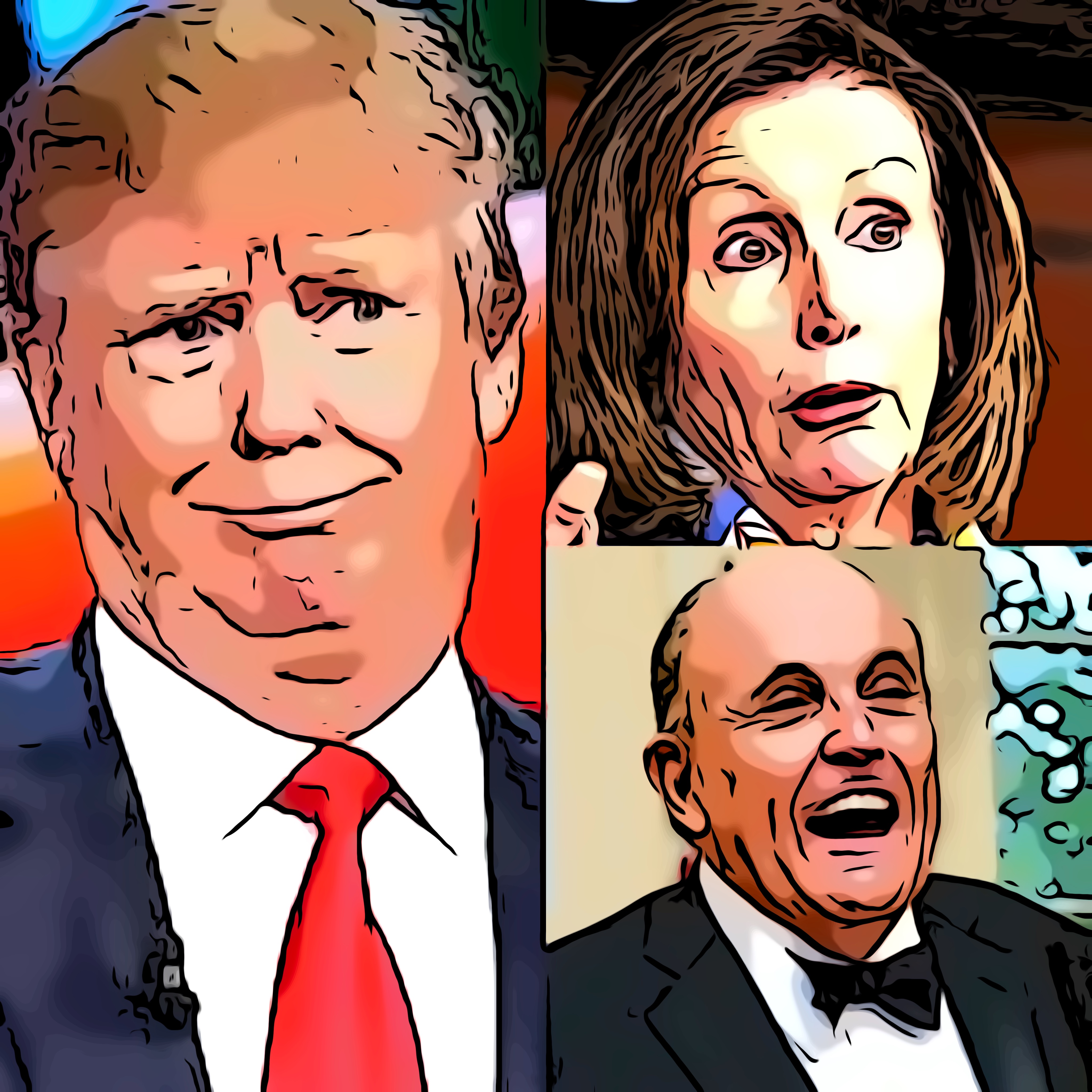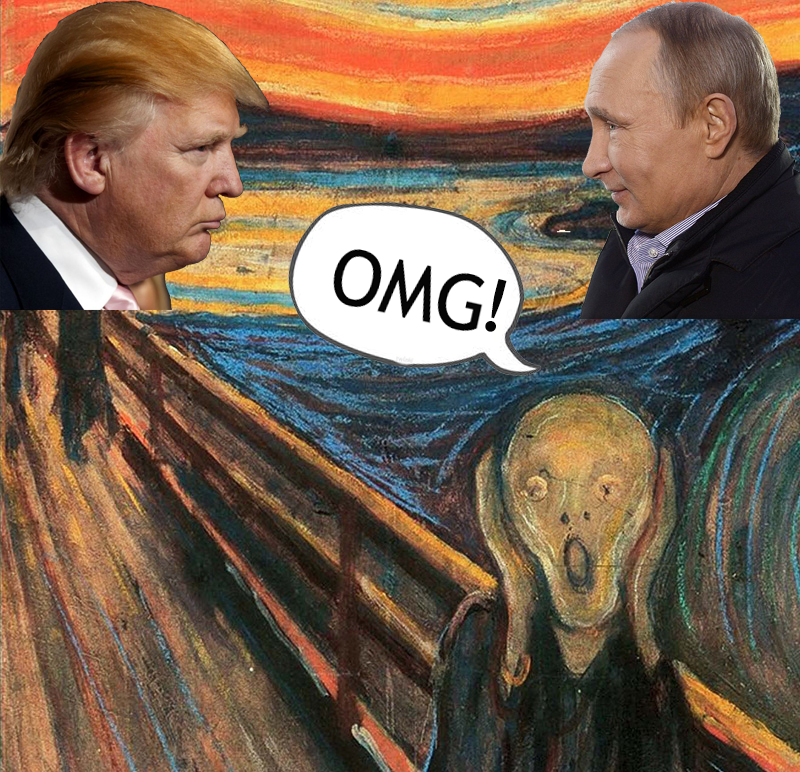Last year, Sandra Bullock won an Oscar for her tough as nails portrayal of
Leigh Anne Tuohy in The Blind Side. While I loved her performance, I was a little put off by the tired 'white savior' cliché that's used in movies where black people are in need; instead of the story focusing on how the individual helped themselves, the focus is on how this nice white lady made all the difference in the poor, poor black child's life.
How does the actor who played Michael Oher (pronouced oar, the aforementioned 'poor black child') become a supporting player in a movie of his life story? Minor details notwithstanding, my real issue is with the depiction of Oher. It's quite common for Hollywood to keep African American men in check, but for black men of a formidable size, they go one step further, they dumb them down. The character in The Blind Side is an insultingly child like variation on Oher's real life persona. In the film, Michael's closest friend was his surrogate brother, SJ, a kid half his age. Are we to believe that Michael's mental abilities made him incapable of befriending other high schoolers his own age?
In one scene, Miss Sue (Kathy Bates), his tutor, spins some Halloween-like yarn how the FBI bury body parts under the field at the University of Tennessee in an effort to spook him out of attending the college. Is he 8 or 18? I'm not uptight; I realize that there will always be artistic license taken with biographical stories brought to the big screen, but what's so impossible about translating a character's strength (physical and mental) to the picture as well? The same fiery energy that made Ms. Tuohy character so admirable is all but stripped from Michael.
It seems there's a growing trend in Hollywood to 'simmer down' a big black man to make him more palatable to audiences. The process of making black men safe for mass consumption isn't new, but the belief that emasculation is a form of character diversification is. It seems that filmmakers deliberately avoid making the character typically ignorant or angry in order to stay clear of stereotypes, but by dodging that hole, they stepped into another. Infantilizing black men (especially physically intimidating ones) has become more of a film device (The Green Mile, The Hand that Rocks the Cradle), but one that viewers might be more familiar with is 'black men in disguise' (i.e, drag).
From Flip Wilson's Geraldine to Tyler Perry's Madea, more black men are dressing up and acting out. It's almost a rights of passage for a black actor at some point in his career to saunter across the screen in full face makeup and a wig, even the seemly ultra tough (Wesley Snipes in To Wong Foo…) have donned a dress, but when's the last time Tom Cruise, Harrison Ford or Bruce Willis was asked to do the same? I wouldn't argue for an outright ban on any type of character, after all, it is just fiction. It’s the dependence on a certain type of imagery that concerns me. Many black performers are put in between a rock and a hard place when faced with a less than gratifying role and the financially unstable alternative. Some, like Perry, admit to using less than savory characters as a means to pull in audiences to other uplifting qualities within the film. That's like saying pastors should use whiskey to lure the alcoholic to church. The reasoning doesn't work for me because at some point the bait becomes the draw.
`


